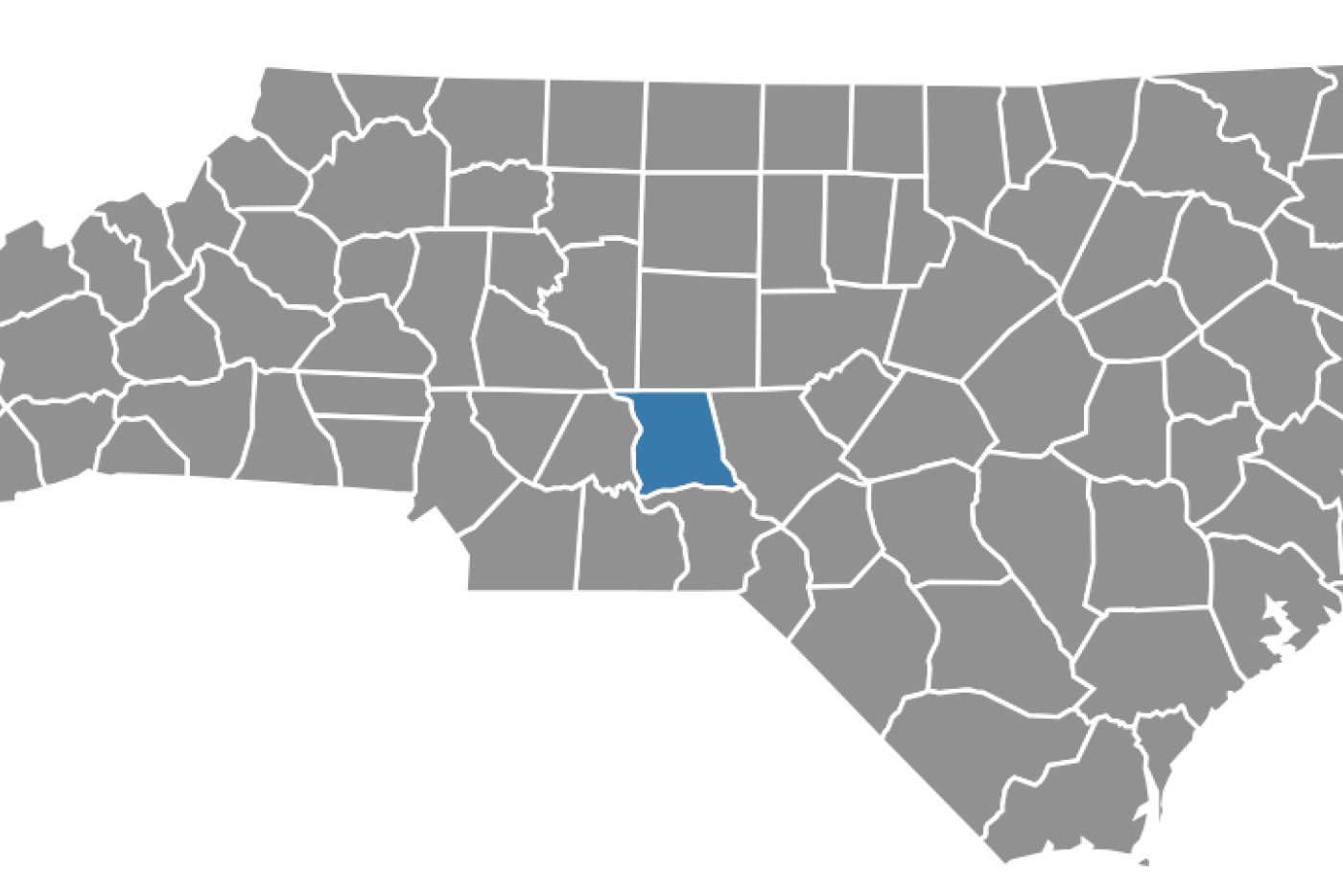Author: Andrew Duppstadt, DNCR
Content from this article is scheduled to appear in Recall, the magazine of the North Carolina Military Historical Society, and is published here with permission.
Originally inhabited by Keyauwee and Cheraw peoples, North Carolina created Montgomery County in 1779 from part of Anson County in the south-central part of the state. The county name honors General Richard Montgomery, who died in 1775 at the Battle of Quebec during the American Revolution. The county seat moved several times before finally being established in the town of Troy in 1844.
An Irish-born American army officer, Richard Montgomery first served in the British Army, later achieving the rank of Major General in the Continental Army. Although he never set foot in North Carolina, his legacy is honored in counties and towns across the United States. Other counties and towns named in his honor can be found in Alabama, Arkansas, Georgia, Illinois, Indiana, Iowa, Kansas, Kentucky, Maryland, Minnesota, Mississippi, Missouri, New York, Ohio, Pennsylvania, Vermont, and Virginia. His popularity stemmed from his extensive military career, first in the Seven Years’ War and Pontiac’s War, as well as his settlement and involvement in politics in New York, and finally, his service in the American Revolution. Montgomery was killed on New Year’s Eve 1775 when, during the Battle of Quebec, he received a round of grapeshot to the head from a British cannon.
Modern-day Montgomery County covers just over 500 square miles, is largely rural, has an estimated population of slightly more than 26,000 people, and borders Davidson, Moore, Randolph, Richmond, and Stanly counties. The Yadkin, Uwharrie, and Great Pee Dee rivers flow through the county, which is home to several state natural areas and the Department of Natural and Cultural Resources state historic site, Town Creek Indian Mound. In addition to the county seat of Troy, other incorporated towns are Mount Gilead, Biscoe, Star, and Candor (which straddles the county line with Moore County).
For more information and to learn more, visit: https://www.ncmilitaryhistoricalsociety.org/

